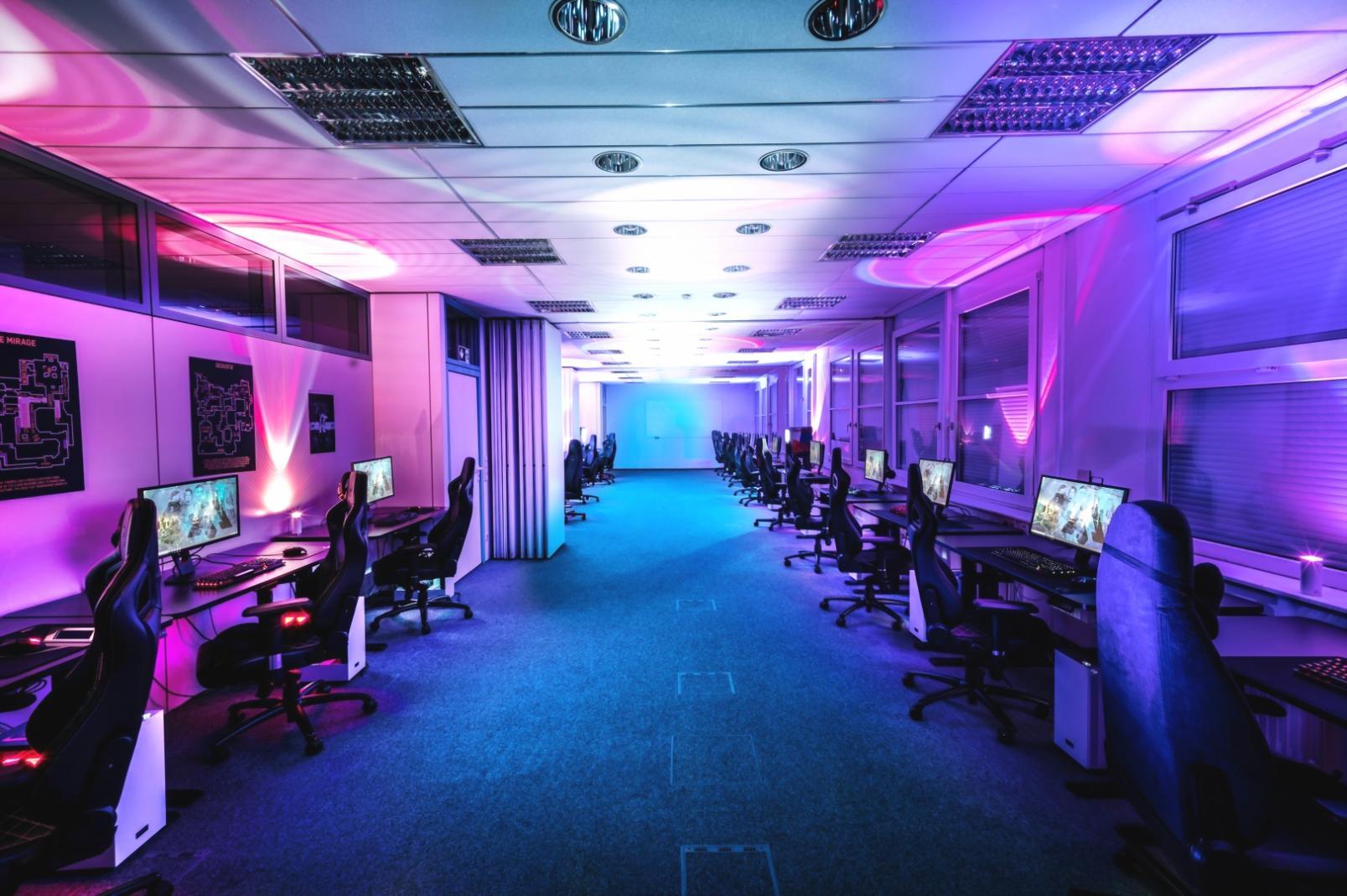Physics-Driven Game Design Workshops
We're running hands-on sessions throughout late 2025 where you'll work directly with physics systems that actually matter in modern game development. These aren't theory lectures—each workshop gets you building, testing, and breaking things until you understand how forces, collisions, and motion really work in 3D spaces.
Upcoming Sessions
We've scheduled these workshops for autumn 2025 and early 2026. Each one focuses on a specific aspect of physics implementation—from basic rigid body dynamics to complex collision systems. You can join individual sessions or follow the complete sequence.
Rigid Body Fundamentals
Starting with mass, velocity, and acceleration. We'll build a simple physics object from scratch and watch how it responds to forces. Bring questions about why objects behave the way they do—we'll debug together.
Collision Detection Methods
Comparing different collision approaches and when each one makes sense. We'll implement basic sphere-to-sphere, then move into AABB and mesh collisions. You'll see why performance matters and how to make trade-offs.
Joint Systems and Constraints
Building hinges, springs, and distance constraints. This is where physics gets interesting—creating realistic vehicle suspension, rope bridges, or ragdoll characters. We'll work through common mistakes and how to stabilize wobbly systems.
Performance Optimization
When you have 500 physics objects and your frame rate tanks. We'll profile real scenes, identify bottlenecks, and apply spatial partitioning. Also covering when to fake physics versus calculating it properly.
Workshop Progression
If you're new to physics programming, this is how the workshops build on each other. You can jump in anywhere, but following this sequence gives you a complete foundation.
Core Physics
Forces, motion equations, and basic integration methods
Collision Basics
Detection algorithms and response calculations
Advanced Systems
Joints, constraints, and complex interactions
Real Projects
Optimization and production-ready implementation

Vehicle Physics Workshop
We're planning a special four-hour deep dive in December 2025 focused entirely on vehicle physics. This covers wheel friction, suspension systems, steering mechanics, and how to make cars that feel good to drive—not just physically accurate, but actually fun.
- Building a complete vehicle controller from ground up
- Implementing realistic tire friction models
- Creating responsive suspension that handles terrain
- Balancing realism with player control and enjoyment
- Debugging common stability and handling issues
Common Questions
Things people usually ask before signing up
